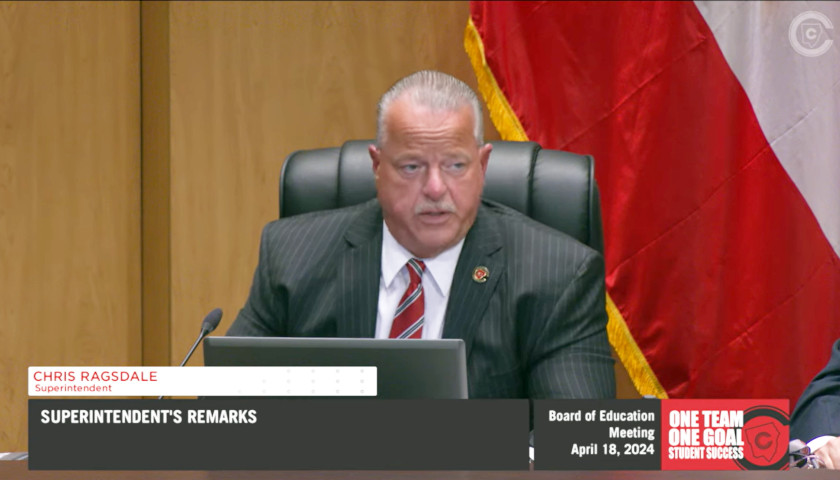Late last week the House of Representatives passed legislation that Representative Diana Harshbarger (R-TN-01) co-sponsored that would, if enacted into law, instruct the U.S. Department of Agriculture to maintain a contract library for beef cattle.
“This bill would provide additional market clarity for beef producers by instructing the U.S. Department of Agriculture [USDA] to maintain a contract library for beef cattle. This commonsense legislation will make agricultural businesses operate more efficiently and ensure beef producers that they are getting fair deals when negotiating with meatpackers,” Harshbarger told her constituents in an emailed newsletter.
“This isn’t a new idea. Pork producers already have a contract library. This will make sure beef producers have the same resources.”
The bill, according to Congress.gov, would require that the USDA make this contract library or catalog available in a user-friendly format and provide weekly or monthly reports as applicable.
A contract clause library, according to Corridor Company, stores clauses that people in business use to build contracts.
“Contract clause libraries have several benefits, including increased department efficiency. Even the employees who have no legal knowledge can quickly create accurate contracts that are legally compliant and conform to your company standards,” the website said.
“This is also useful if your organization has several types of contracts that are in frequent use. It helps manage the application of business rules to various clauses and the timing.”
Representative Dusty Johnson (R-SD-01) is the bill’s main sponsor. The Senate received the bill this week, according to Congress.gov.
The Texas Farm Bureau reported that farmers and ranchers nationwide hope the bill “will bring more stability to cattle raisers, who watched boxed beef cutout values soar during the pandemic as cattle prices plunged.”
“The new cattle contract library would require packers to report the terms of alternative marketing agreements (AMAs) between their company and ranchers. These contracts are called ‘alternative’ because they are made in lieu of cash or spot markets, where transactions occur immediately. Examples of cash markets include auction barn and online auction sales, sales through order buyers, dealers and brokers and direct trades or private treaty sales,” The Texas Farm Bureau reported.
“AMAs are typically agreements like forward contracts and marketing agreements. A forward contract simply means a specific number of head of livestock was agreed to be purchased at least two weeks prior to delivery. Marketing agreements are generally long-term, ongoing contracts for packers to purchase livestock with specific terms. Proponents of the USDA contract library say this would give farmers and ranchers additional data they can use to make better-informed marketing and business decisions.”
– – –
Chris Butler is an investigative journalist at The Tennessee Star. Follow Chris on Facebook. Email tips to [email protected].








